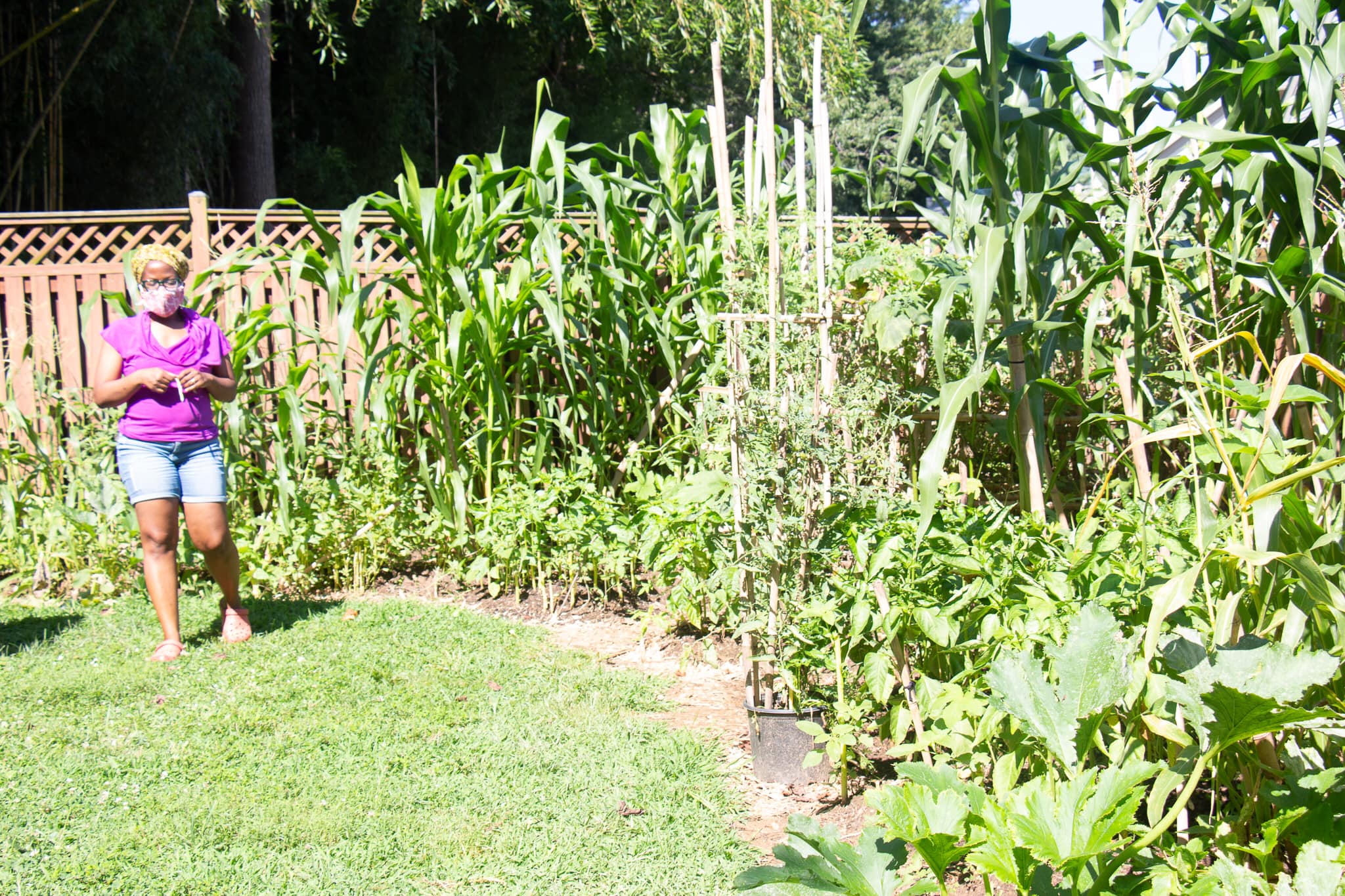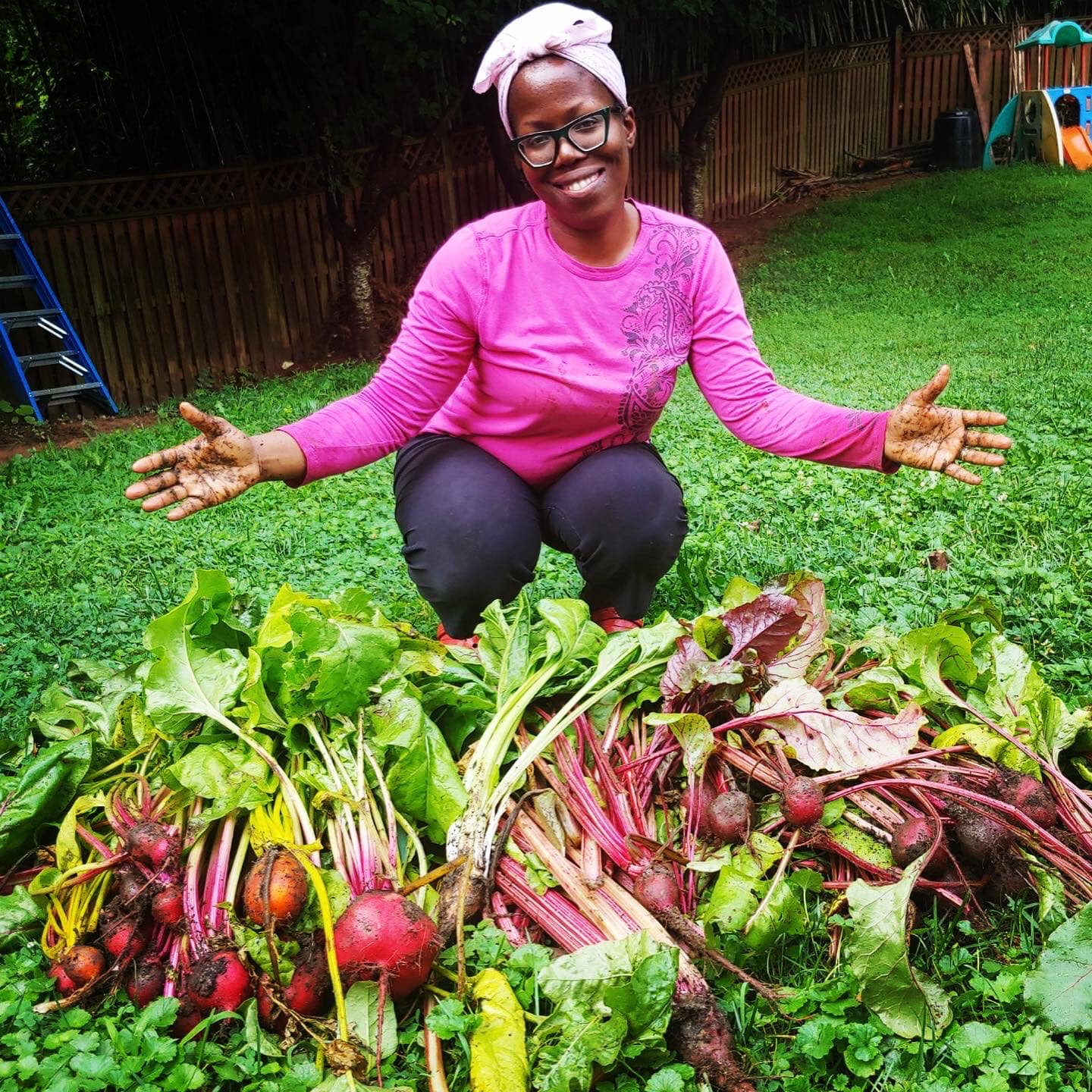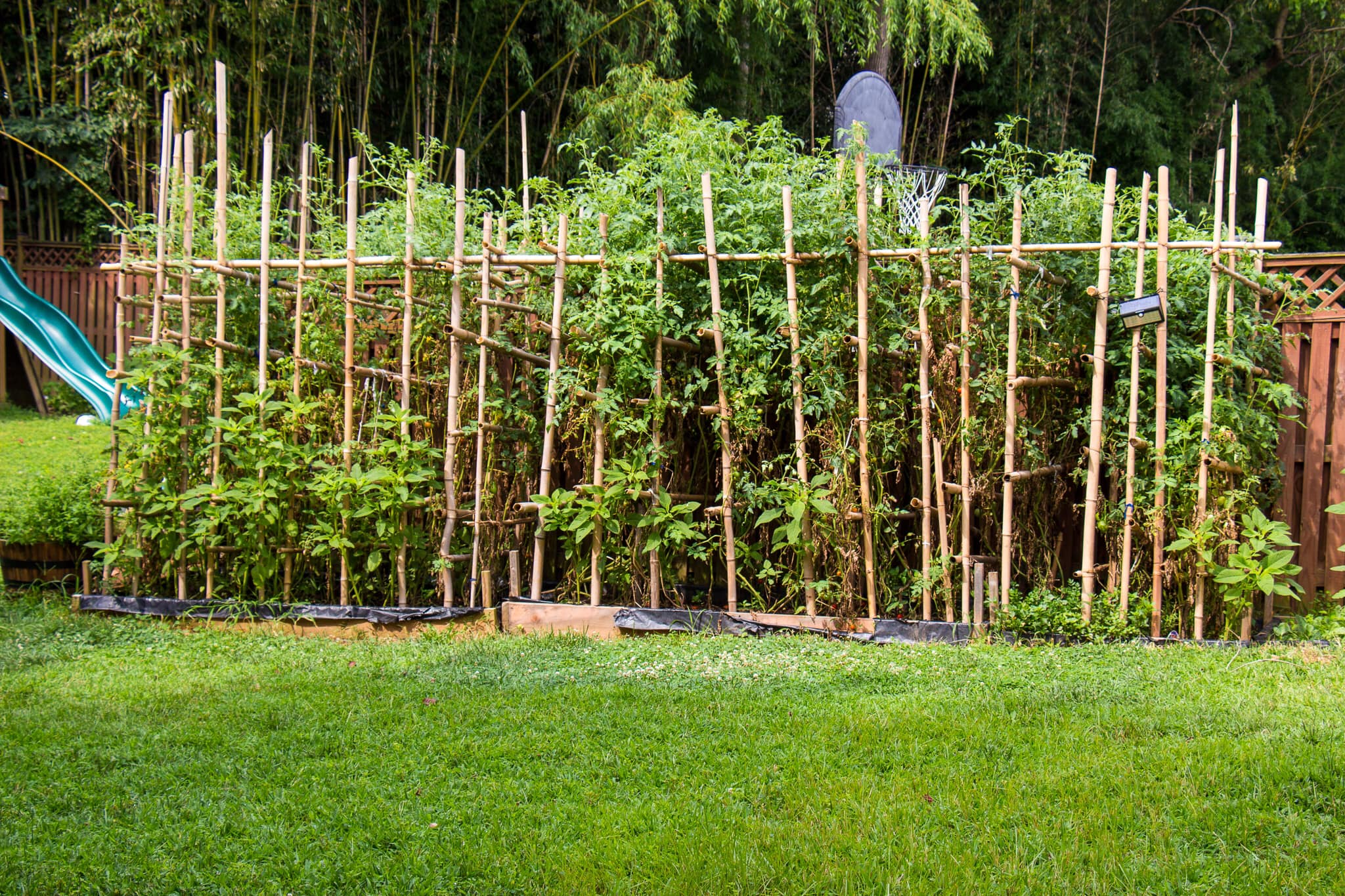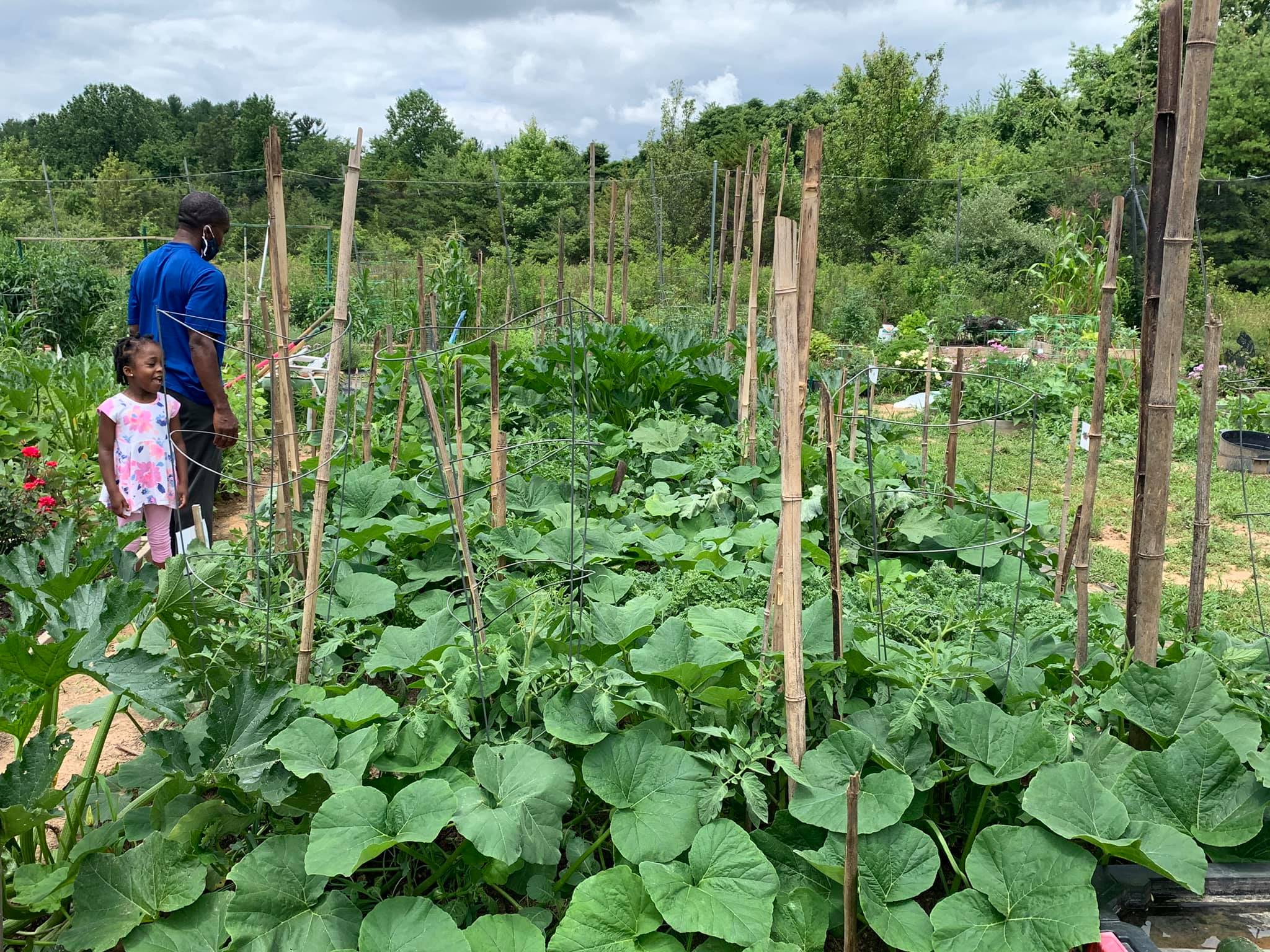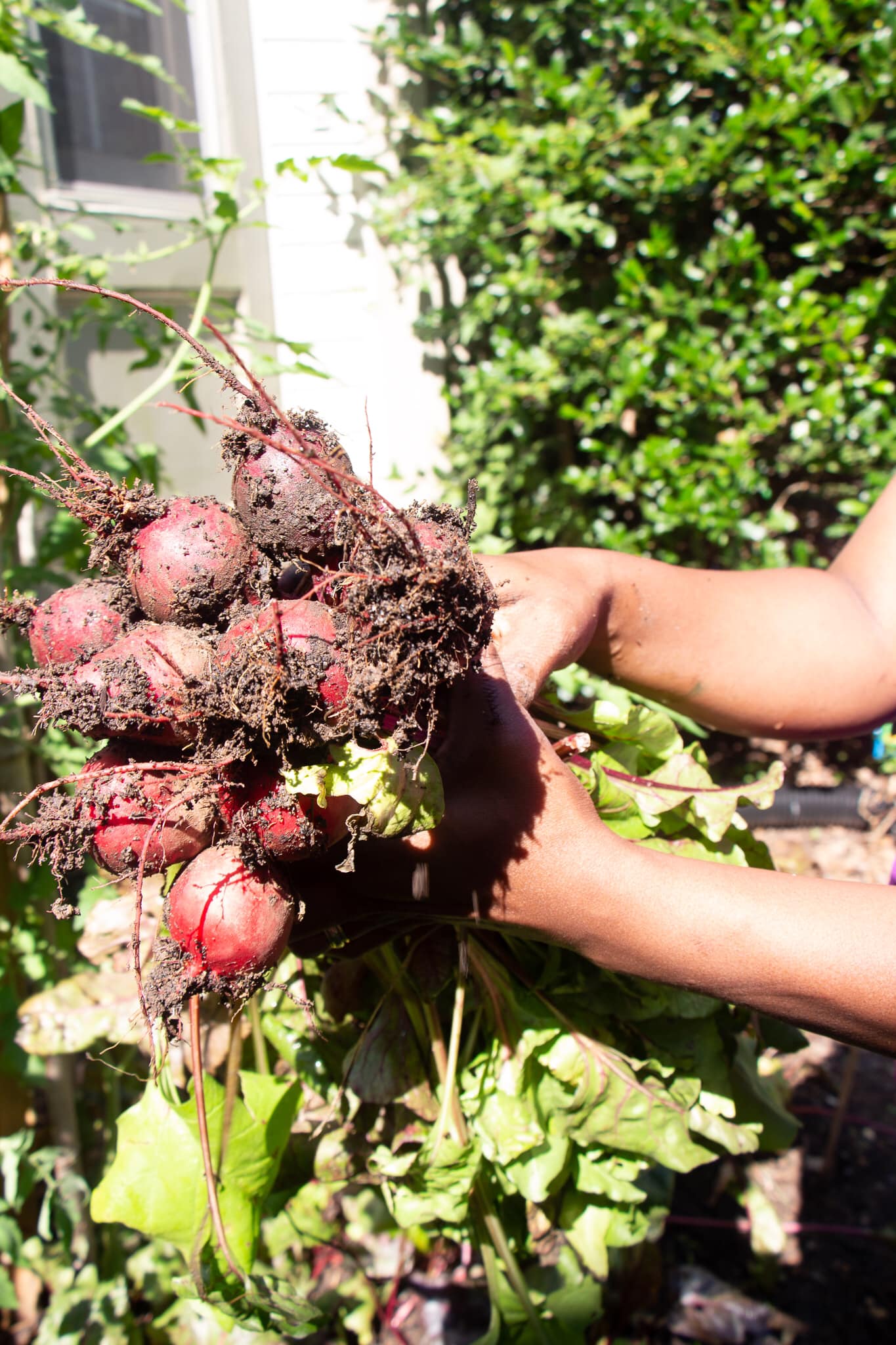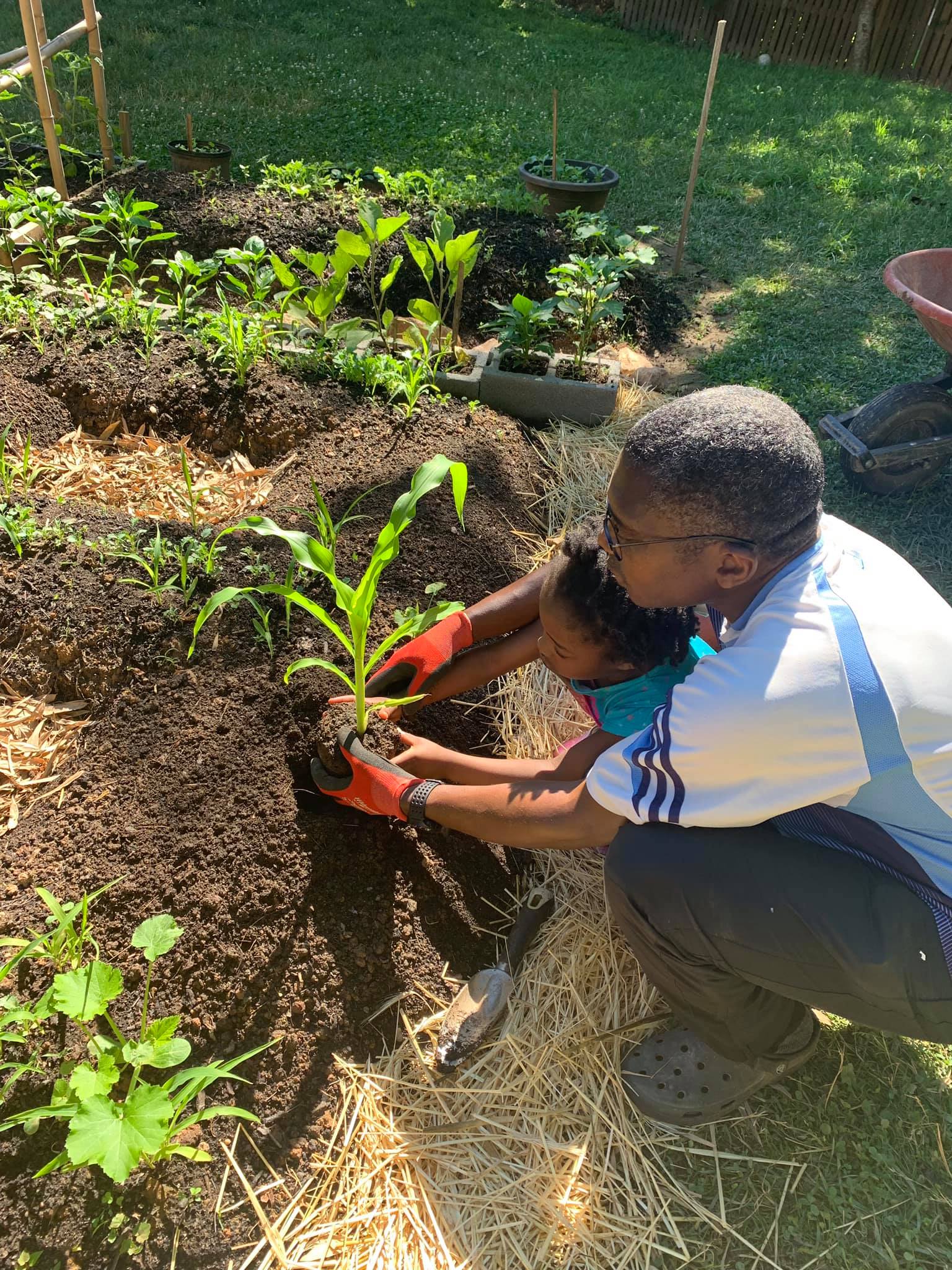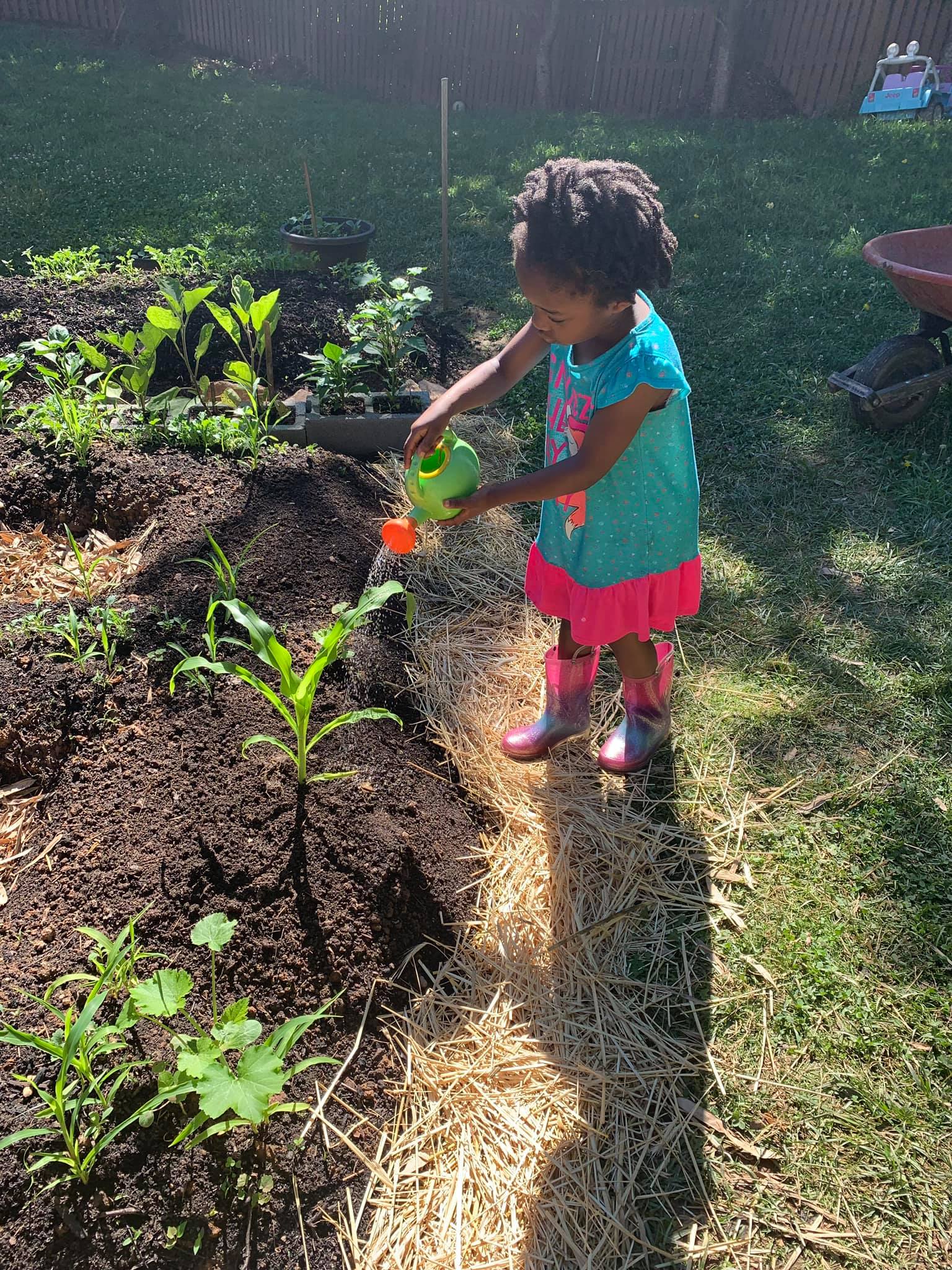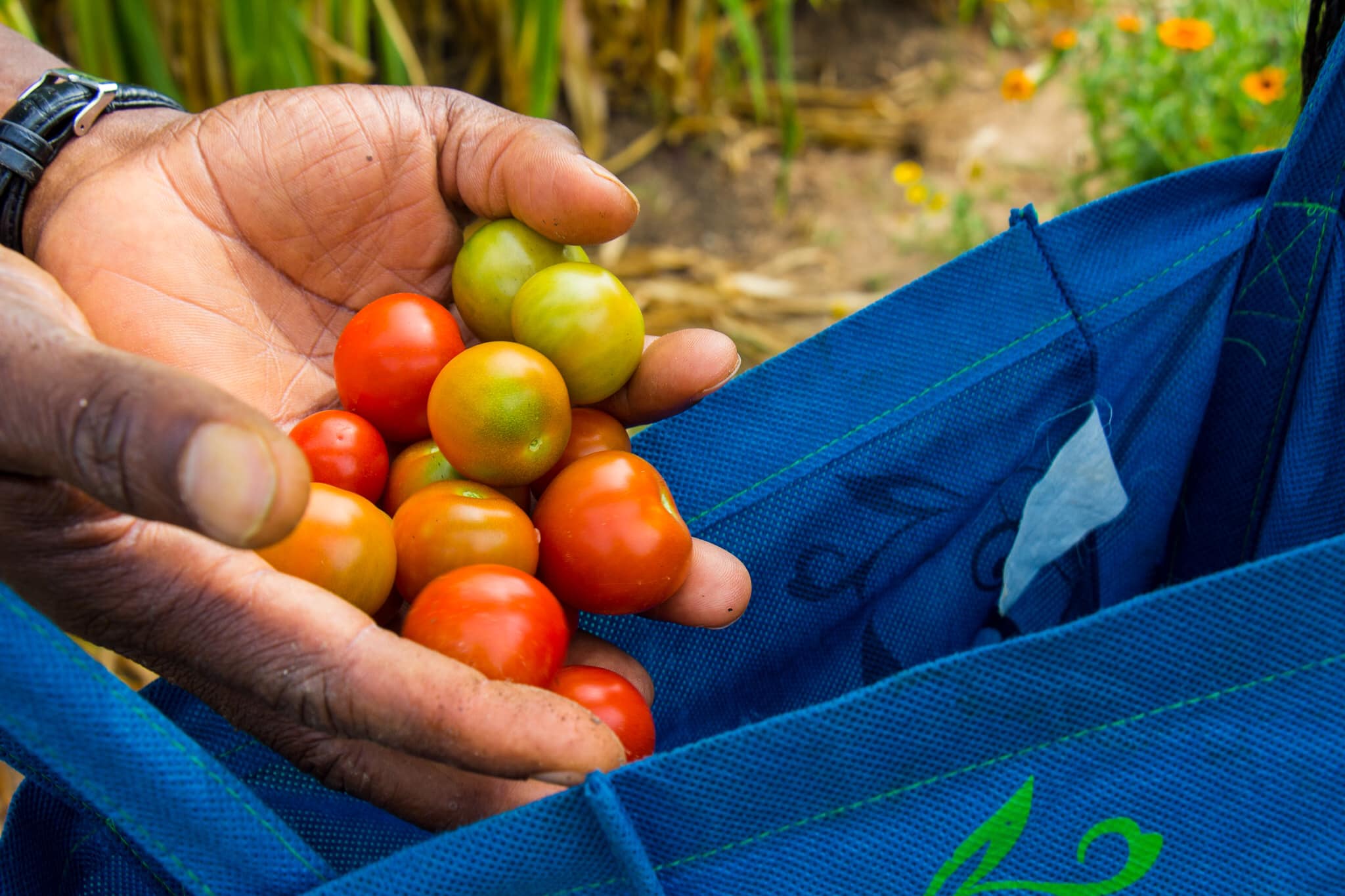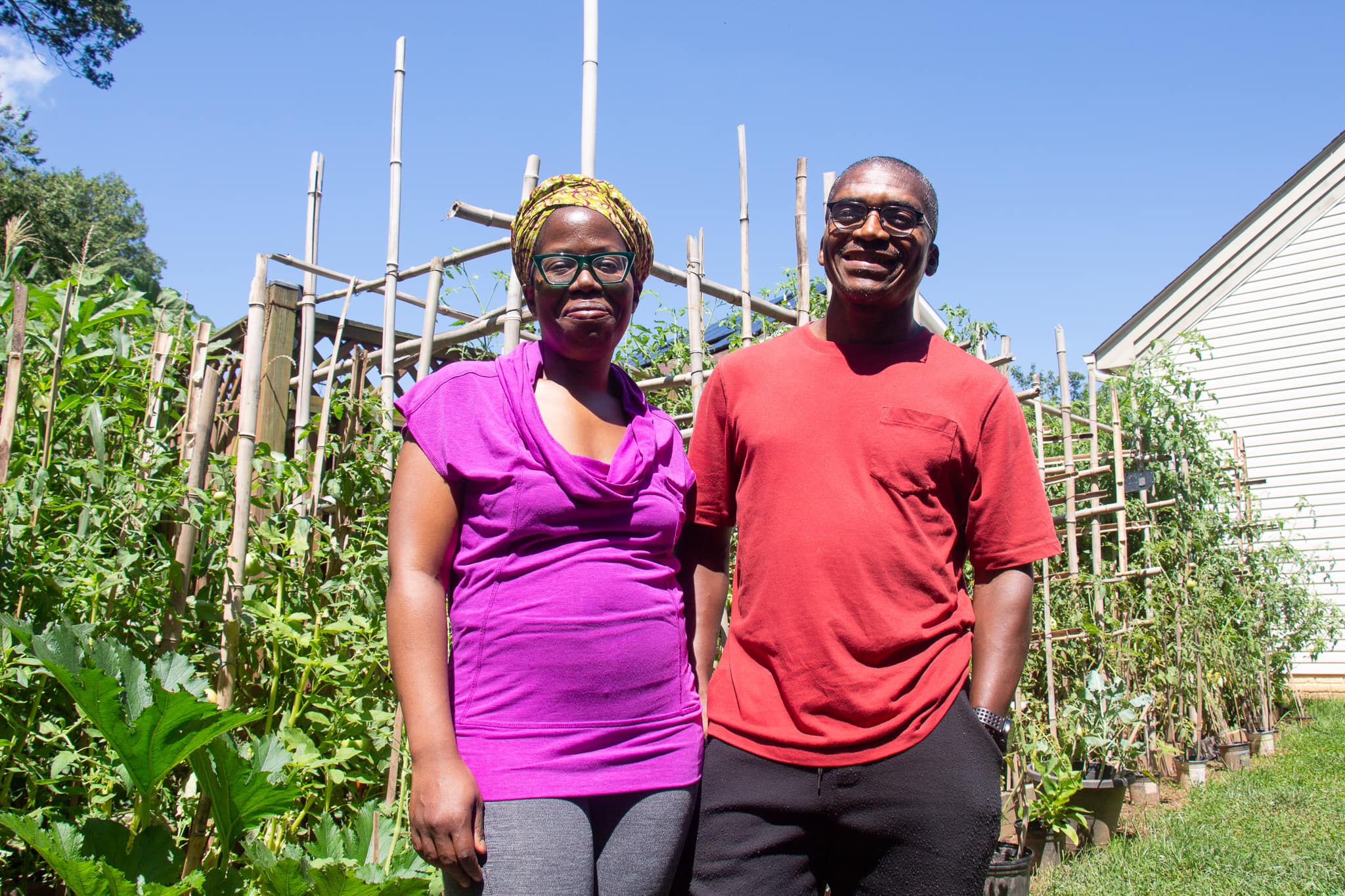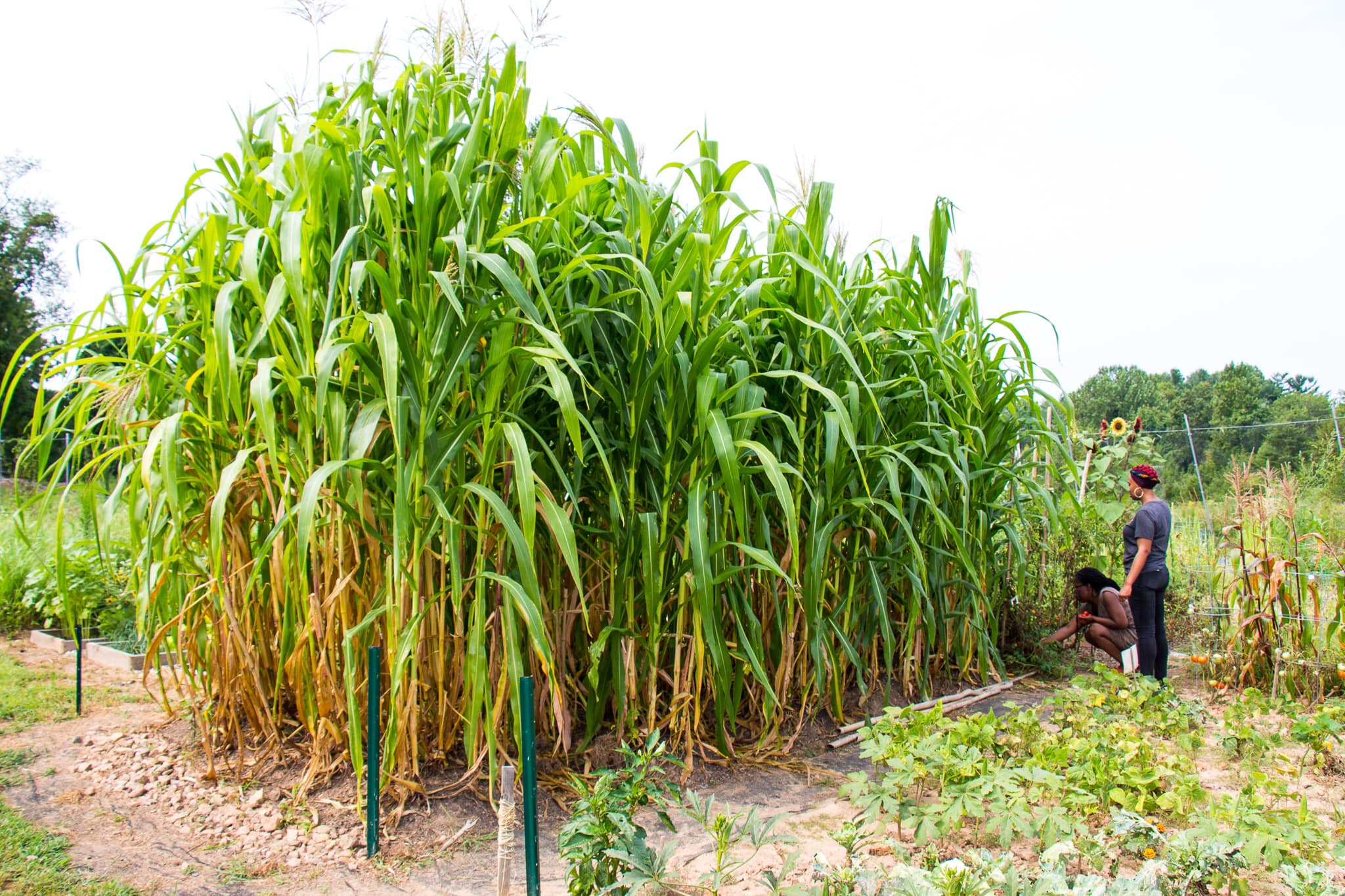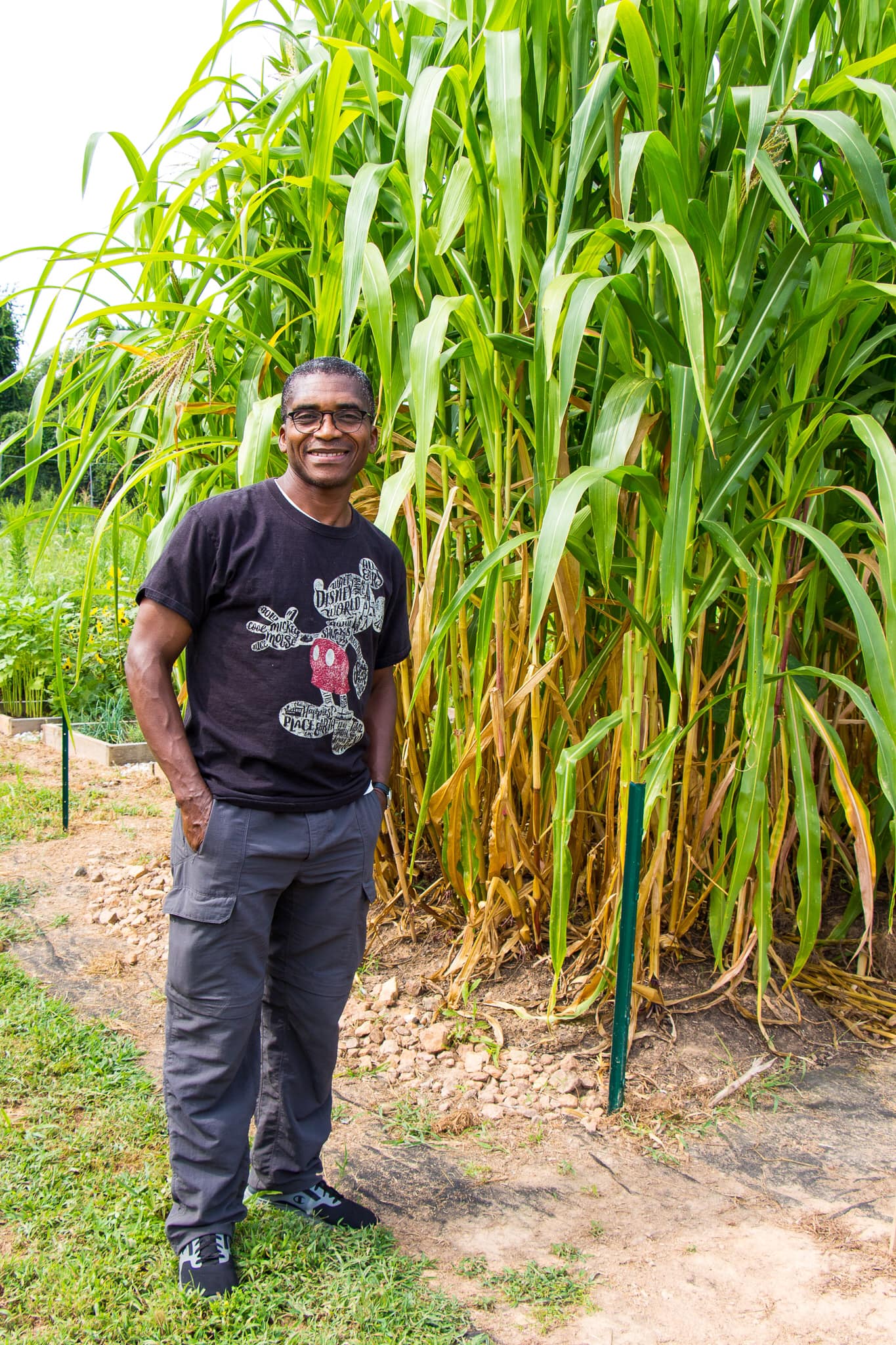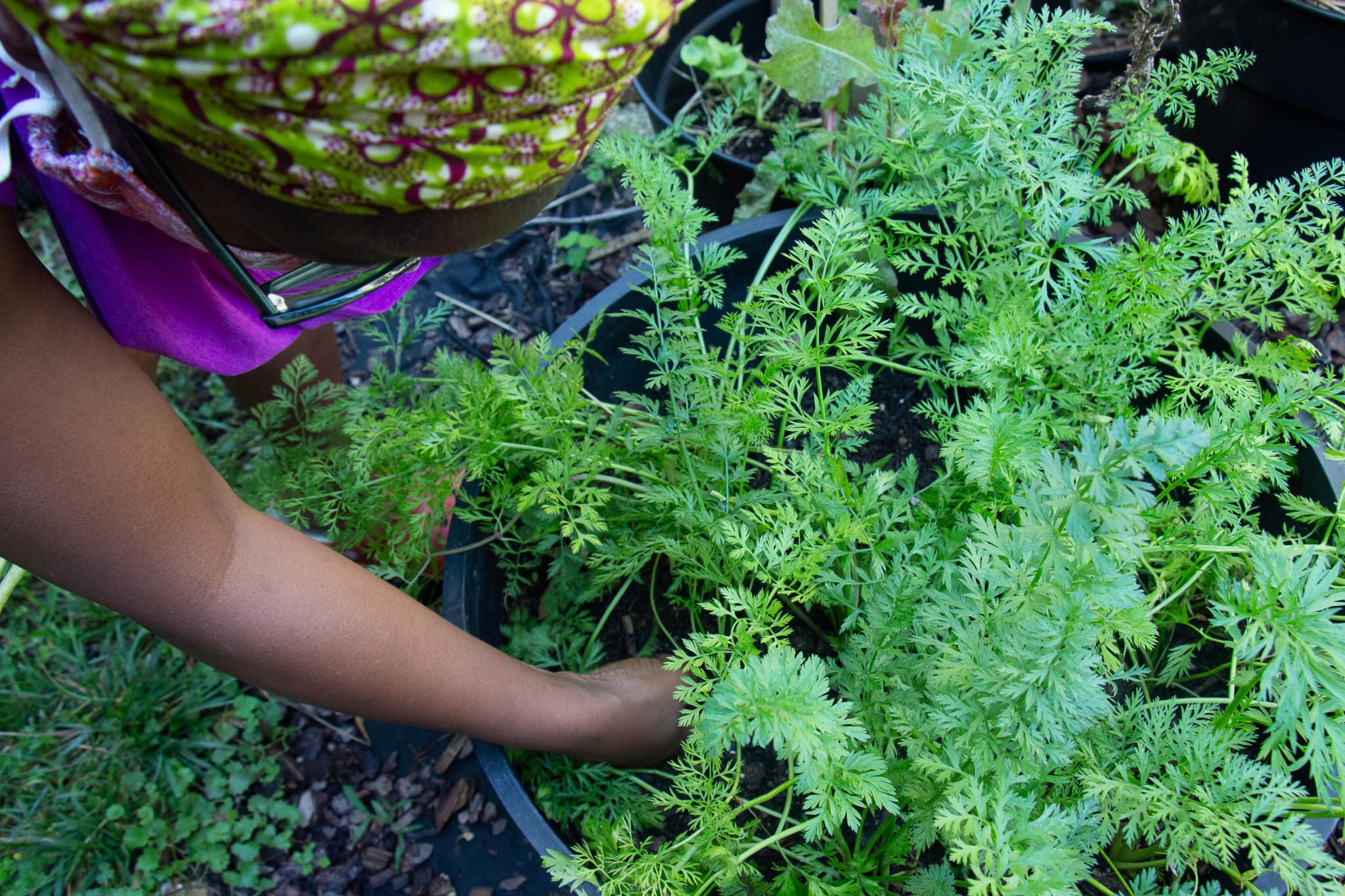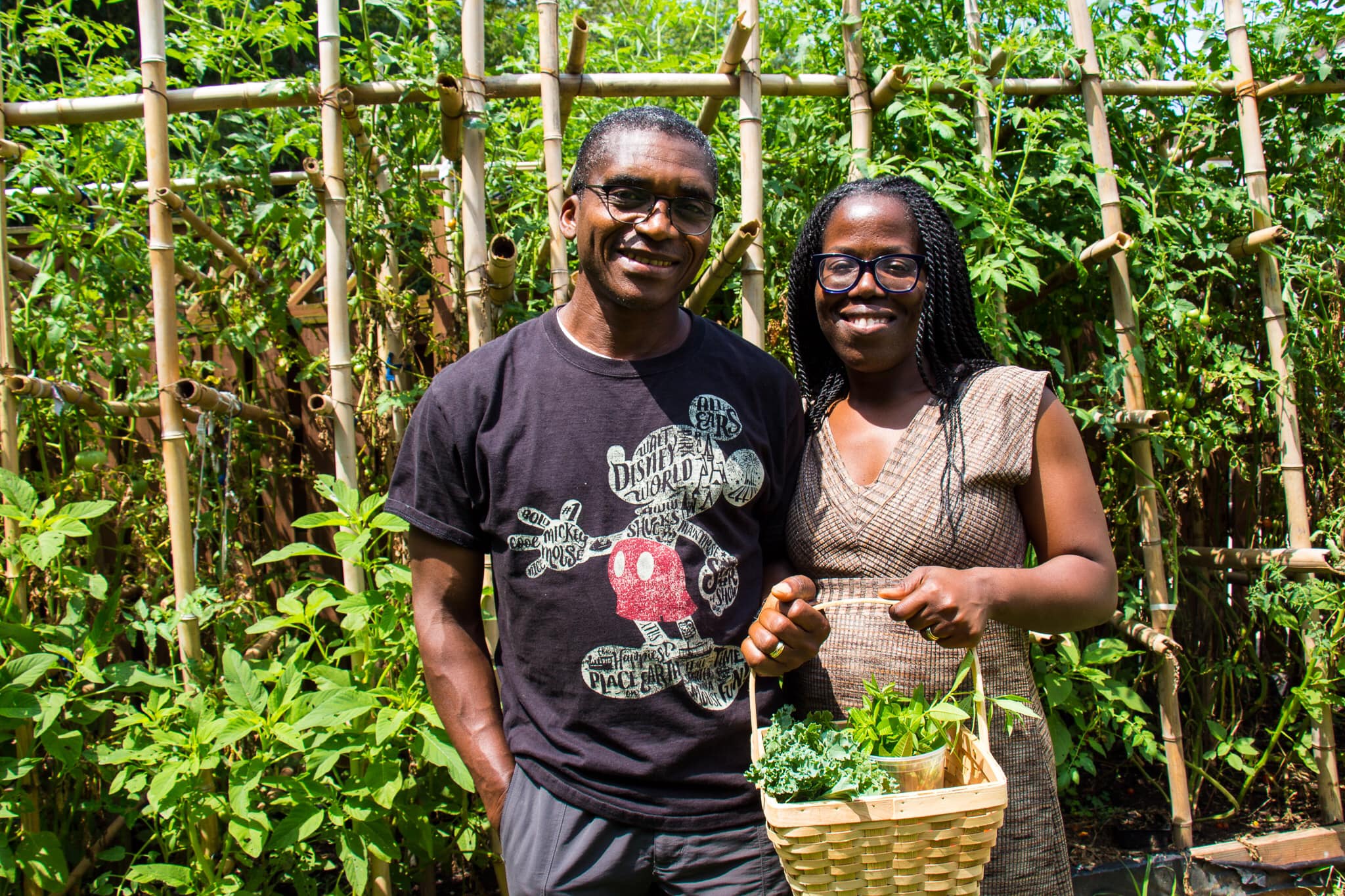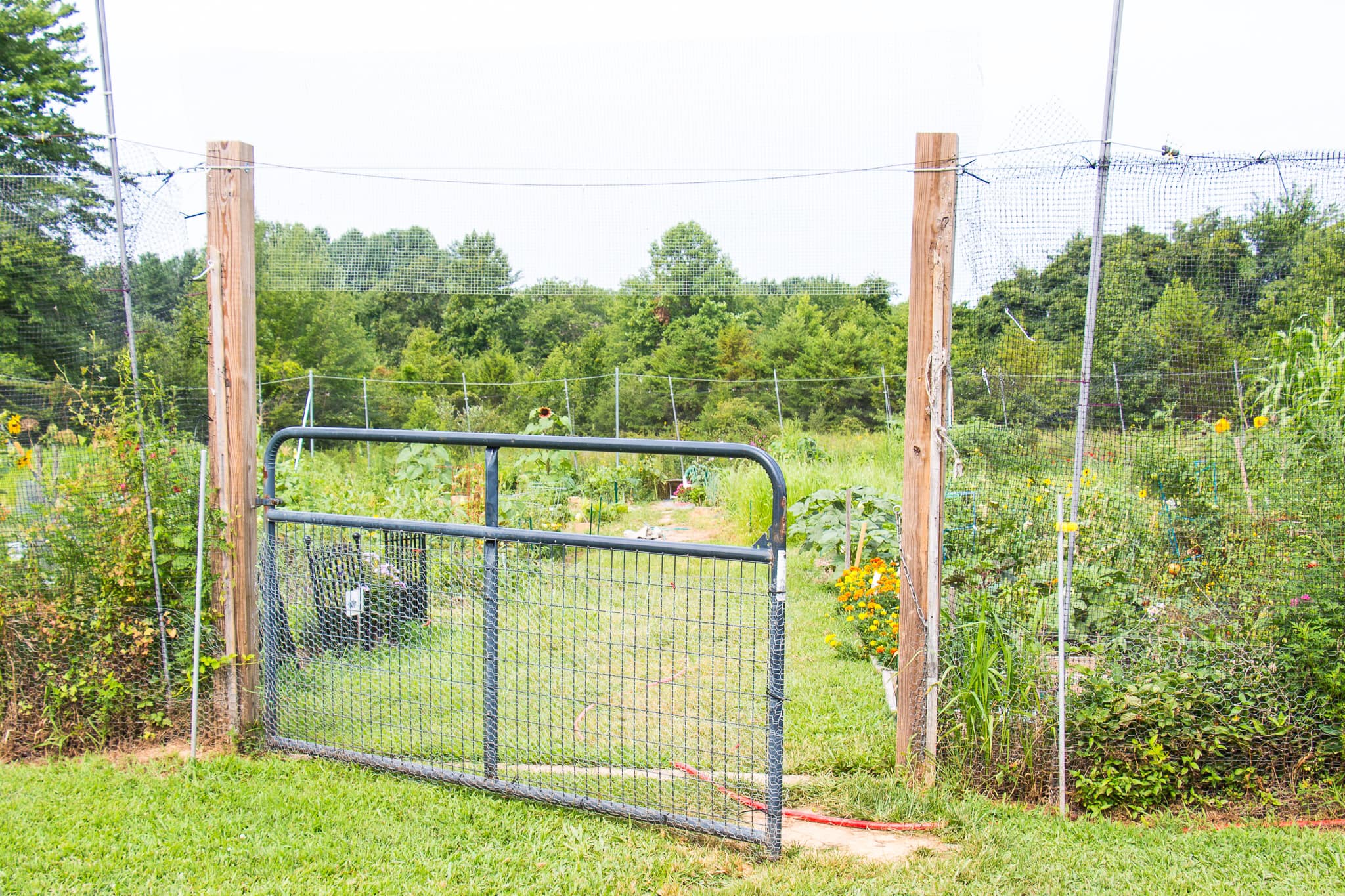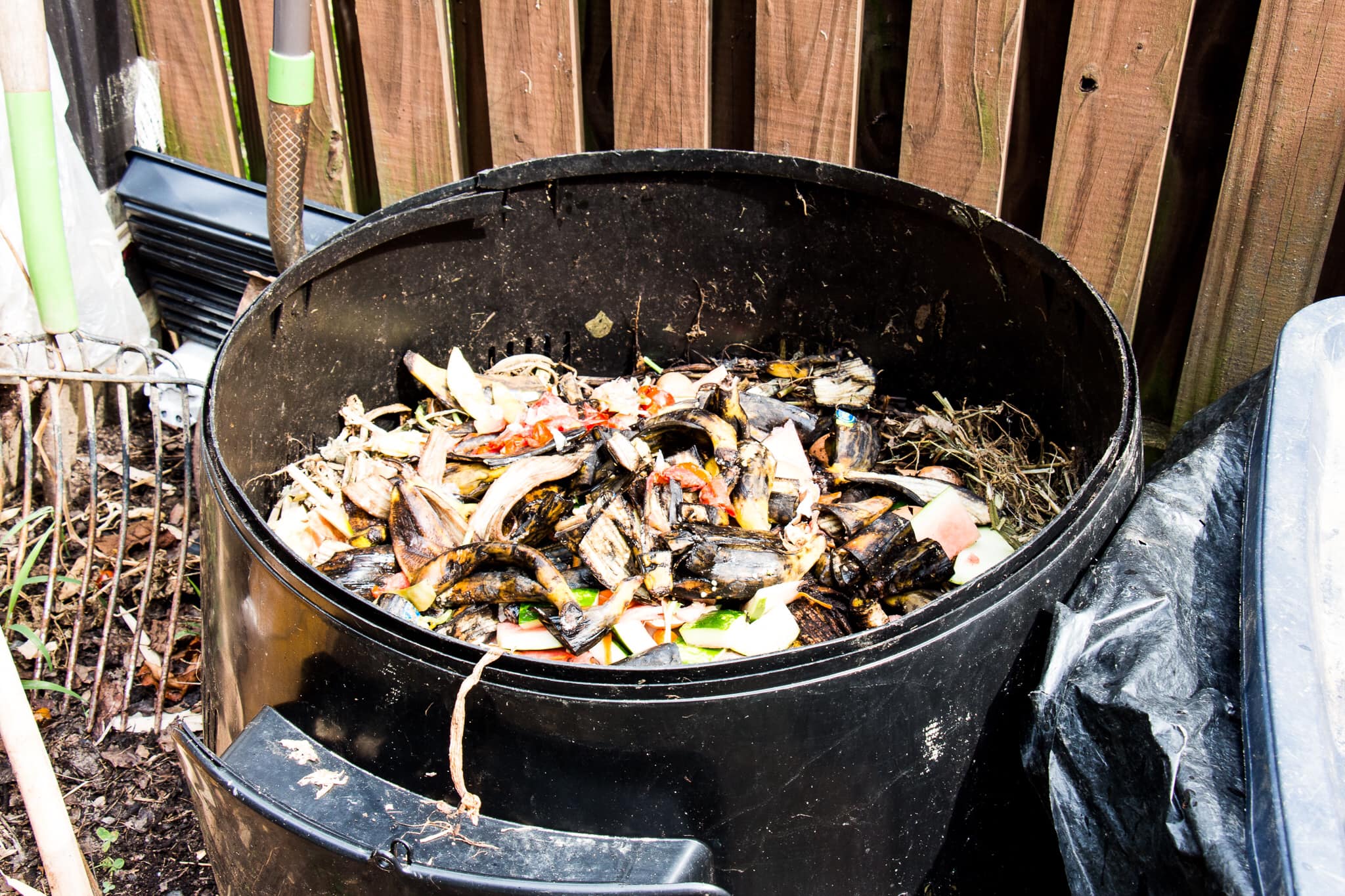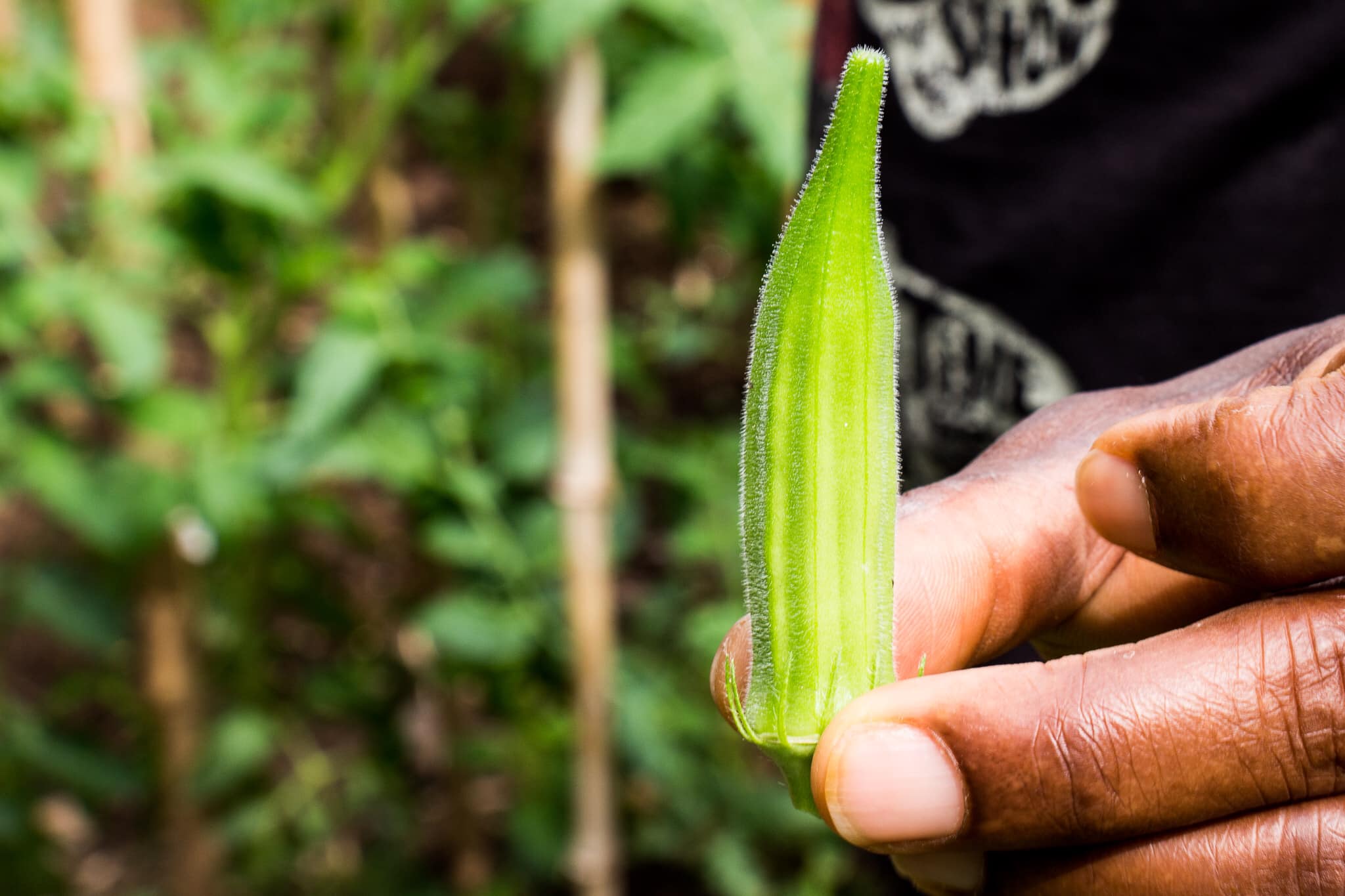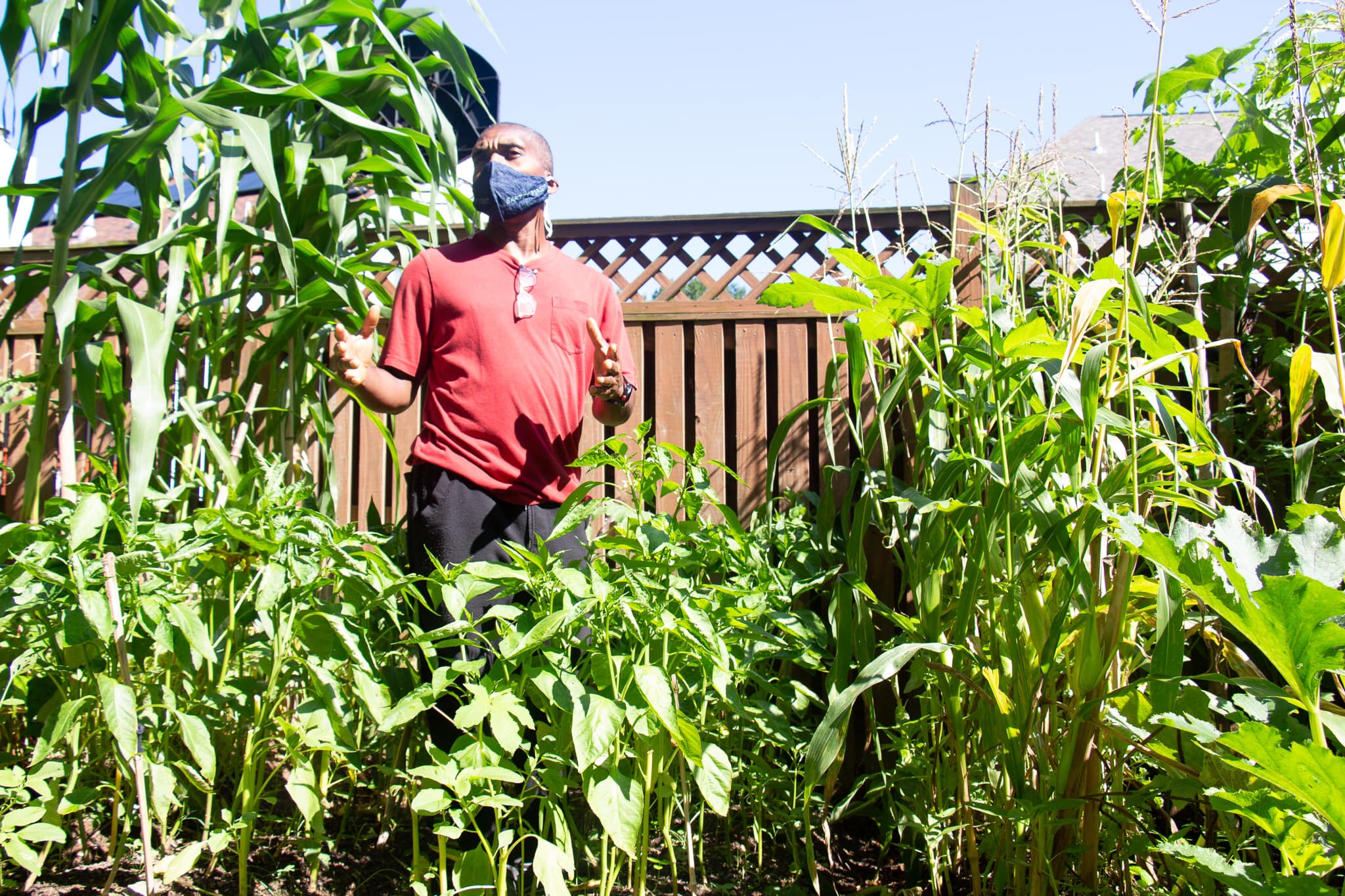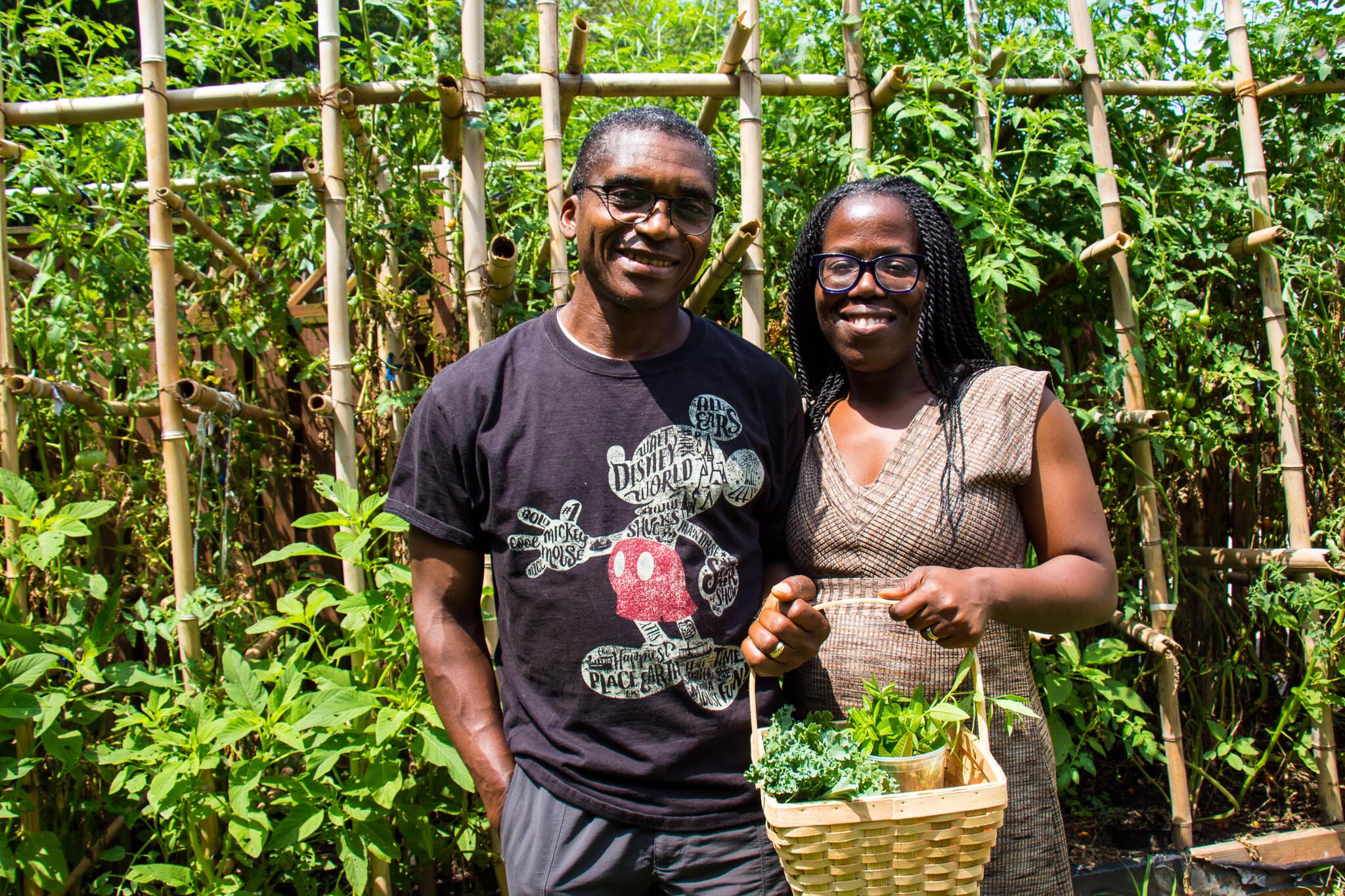
Meet Shanna and Francois from Washington D.C. United States
“We’re suburban homesteaders based in the greater DC Metropolitan area. I am from the U.S. and Francois is from Cameroon. We met in the Peace Corps in Cameroon. We cultivate vegetables, herbs, some fruits and plant varieties native to Cameroon at our residence and in two community gardens. We also compost, preserve food through canning, dehydration and freezing and practice other forms of conservation in our home – like cloth napkins instead of paper and making our own cleaning products.
Francois grew up growing food alongside his family in Cameroon as a young boy, but stopped once he attended university. I actually spent most of my life avoiding things that had to do with dirt and farming. However, the third year of my doctoral program I found myself in the worst physical and mental health of my life! In an effort to save myself, I took a friend up on her suggestion to join a local community garden together. My friend never showed up, but I enlisted Francois and our kids to join me in the effort and that kicked off our gardening experience. We’ve been gardening ever since, it’s been more than 6 years now.
Growing food is about living our values. Knowing where a portion of our food comes from, growing food organically and sustainably, teaching our kids how to grow food and utilizing regenerative practices that recycle food and crop waste back into the soil is a testament to how we want to live and the type of world we want to live in. Growing food is also very much a part of our self-care practice because being in the garden helps to maintain our mental health, which has been especially necessary this past year.
We are in the Washington D.C. Metropolitan area and we cultivate in 2 community gardens and a sizeable portion of our residence, combined we grow food on about a half-acre of space.
We grow seasonal vegetables, berries and herbs. We also grow vegetable varieties native to Cameroon, mostly leafy green varieties, we know them primarily by the local name – folong, morelle noire and a tuber called makoumba. The corn we grow is actually a non-hybrid variety from Cameroon as well, which we are trying to adapt to the local climate.
We love composting as a way to organically and efficiently add nutrients to the soil. We use our food waste like produce peels, coffee grounds and egg shells. As well as yard waste like grass cuttings, leaves and the stalks of harvested plants. It’s a great way to recycle nutrients back into the earth. At one point we had three 80-gallon compost bins in our backyard at different stages in the composting cycle. However, two of them showed excessive signs of wear and tear this summer, so we had to get rid of them.
We also use a practice that Francois grew up using in Cameroon. At the beginning of the season when we prepare the land for planting we use the dried and partially decomposed plant material from the previous season, along with dried grass and we build the planting mounds on top of it. During the season there is a constant release of organic matter directly at the roots of the plant.
We harvest, store and reuse about 70% of our seeds ourselves. At the end of each season we allow the plants to go to seed or we select specific fruits from the plant to keep solely for the purpose of seeds. We supplement with organic seed varieties found locally in the DC Metro area.
Time is a big factor for us with gardening. Managing our professional lives and parenting four kids along with gardening in three locations is challenging. Not to mention the other homesteading activities like food preservation.
We also still struggle with pest control. In our community garden spaces we’ve had to combat rodents that eat our crops like our butternut squash and corn before we can even harvest it or mildew on the zucchini plant leaves that starts in one community gardener’s plot and then impacts ours. Also, this season we had an outbreak of corn smut on our corn, while many perceive this as a delicacy, we saw it mostly as an annoyance.
There is nothing better than watching something grow from a seed to being on your plate, nothing! It is such a deeply rewarding experience to be able to nurture life into the world that will in turn nurture your body. We love it! We also love being outside, the sunshine on our faces, hands in the dirt, moving our bodies and using our creative energy and imagination to feed our family. Also the sharing component of the work we do brings us a lot of joy, we love detailing our journey on our Instagram page, speaking at events, making quick tutorials. We want this way of life to be accessible to anyone who wants to give it a shot and we see our sharing as somehow contributing to that.
We speak at events. We also have some free and low cost tutorials on our website. I also write on the topic of representation in homesteading and the therapeutic aspect of gardening for BIPOC.
For anyone who doesn’t see others like them broadly represented in the homesteading space, know that there is a place for you here. Irrespective of your race, religion, sexuality, ability, etc. Representation matters and your decision to try, in whatever way feels right for you, not only increases that representation but will also feed your soul.”
